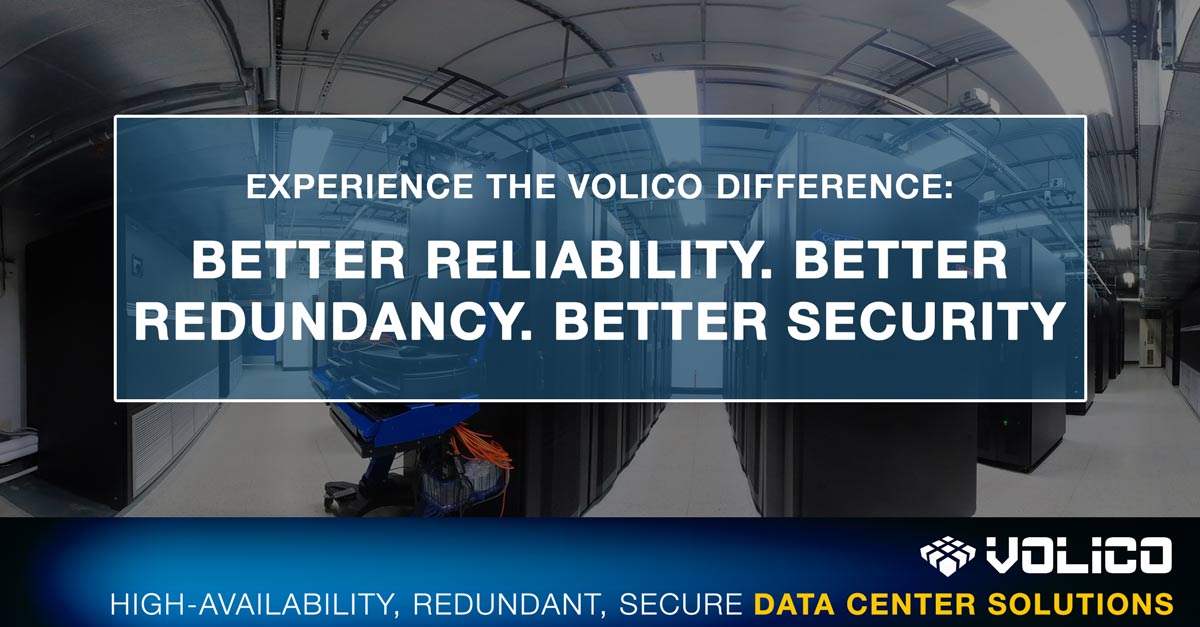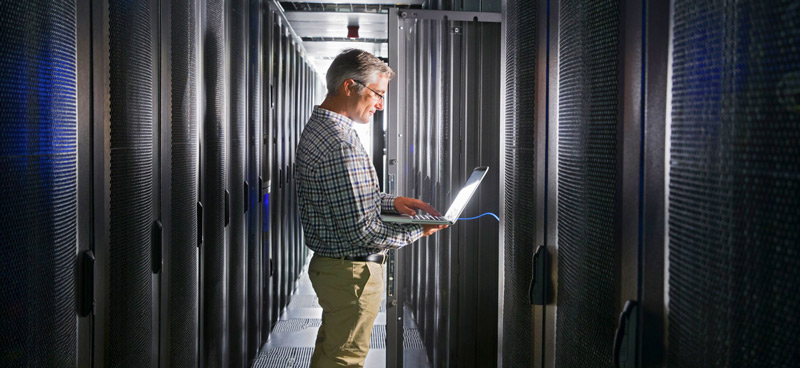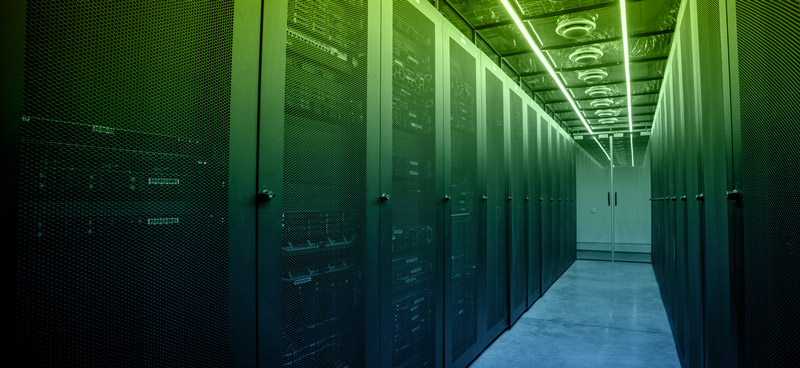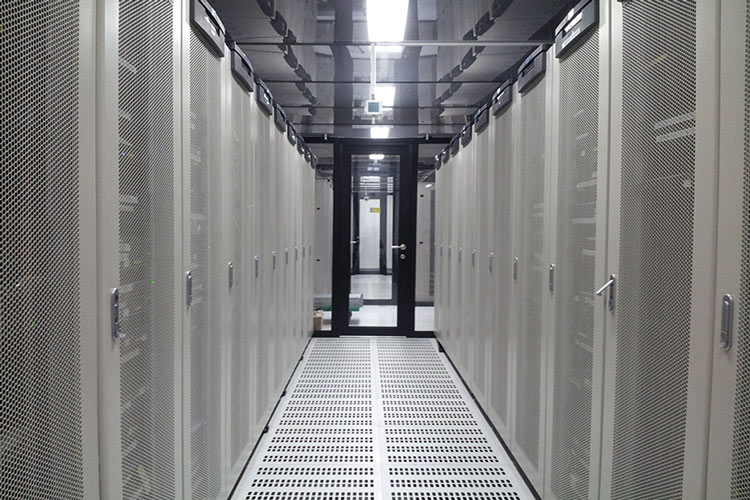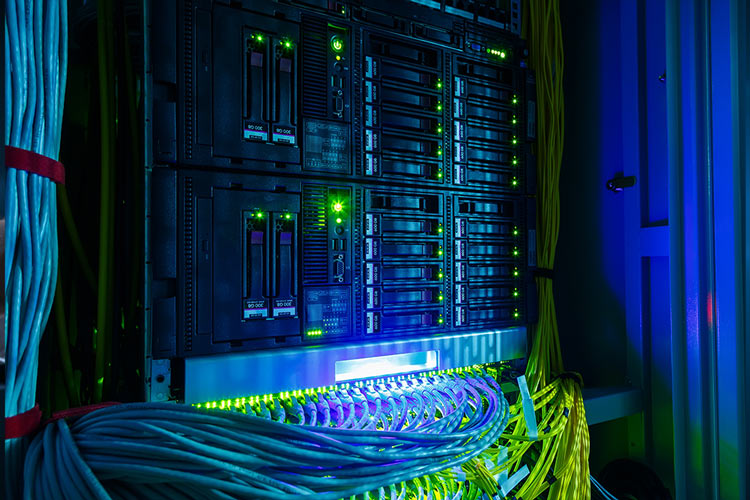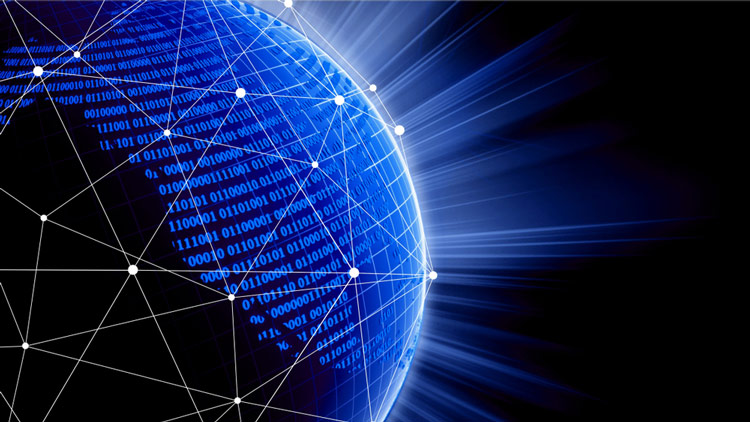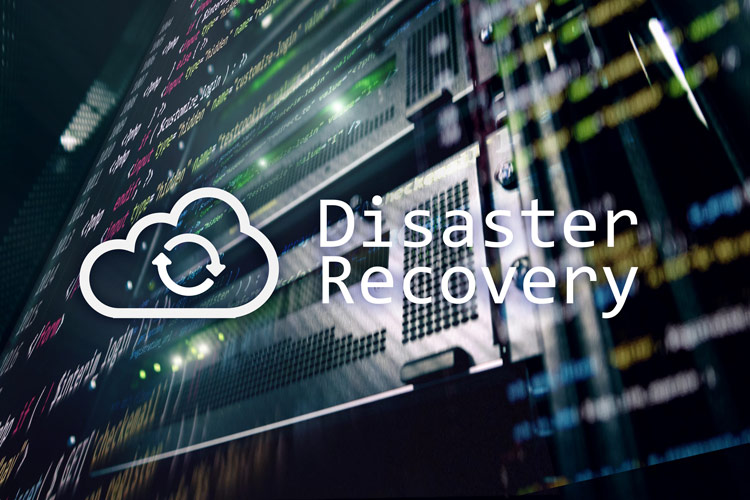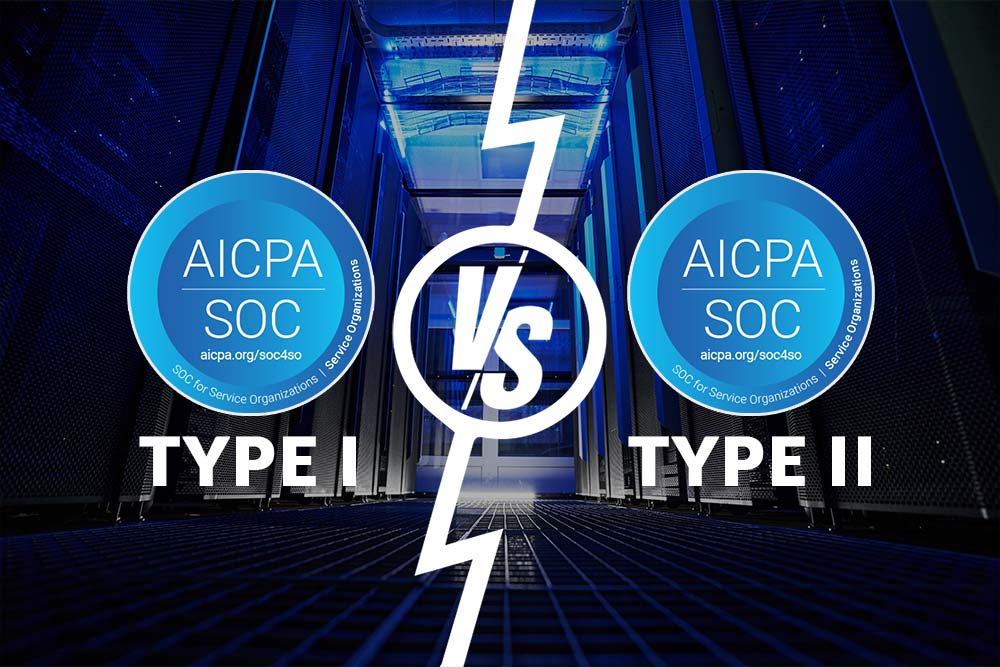As the world keeps evolving in the direction of digital transformation, a number of pivotal data center challenges are arising along the line. With the recent rise of AI applications, the IoT, and edge demand, the industry has to put an increased effort into coping with the immense volumes of data generated each minute. Keeping pace with the growing needs creates a number of complex questions, stretching out all the way to our day-to-day digital experiences.
Data centers are drowning in the gigantic pool of the world’s data created each second. User demand keeps increasing, asking for more performant technologies ready at our fingertips at all times. Keeping up with performance to satisfy humanity’s needs and providing the same efficiency while using fewer resources is testing the data center industry.
This blog post will be about today’s main data center challenges, from efficient power management to scalability and sustainability.
The greatest data center challenges of today
The data center industry might be living in the most interesting times of its existence as data generation reaches previously unimaginable volumes and pace. Ensuring the security of all that data, as well as acting responsibly in the face of climate change, are some tough data center challenges to overcome. Digital transformation is happening across industries, and the complexities of the newborn infrastructures need support and solutions. There’s less and less tolerance in the world for latency, errors, or low performance. The IoT, 5G, and new technologies drive the need for the edge – all of those creating compelling data center challenges. Some of the biggest ones are the following.
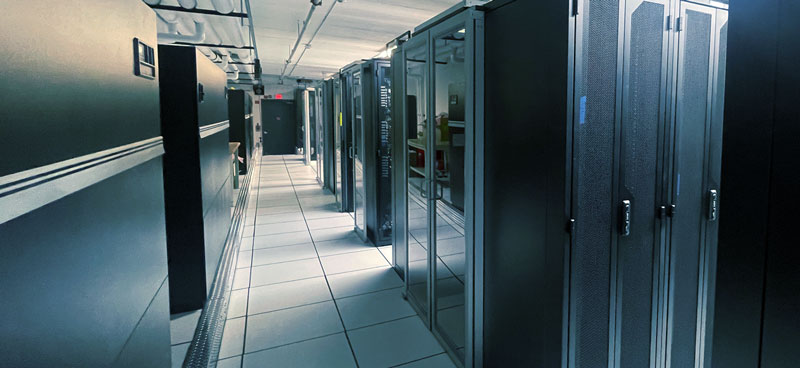 Power demand
Power demand
One of the biggest data center challenges revolves around power and resource consumption. The data center industry has seen significant growth over the past period, and the tendency will only continue thanks to digitalization.
Data centers are extremely power-intensive establishments. Powering and cooling can make up 50% of the total operating costs in some cases. Data centers use between 240 and 430 TWh, accounting for 1-1.5% of global power use and about 2% of power consumption in the U.S.
Data centers must optimize their energy efficiency to address the issue. This can happen through the adoption of energy-efficient hardware, better cooling systems, and finding ways to reduce the need for cooling by choosing a colder location for new data center developments when possible. To tackle the data center challenges of high electricity consumption, using renewable energy sources like geothermal can be a more sustainable solution.
While obtaining total sustainability for the data center can be challenging, designing new data centers for energy efficiency and adaptability from the ground up can make a huge difference.
Data center cooling
Efficient cooling is constantly among data center challenges. The servers generate heat, and more capacity means more heat. Because of the growing demand for performance, temperatures are rising even in data centers with a smaller footprint.
Ensuring that there are no leaks in the cooling infrastructure is paramount, and a good cooling design can make a huge difference in resource consumption. However, planning an efficient cooling architecture has many challenges coming from the different power needs of the racks and cabinets. Legacy equipment can be a reason for overheating, but inefficient airflow designs can also be a hindrance in regulating temperatures efficiently.
Adding cooling towers and using humidification techniques can add to the cooling efficiency in a data center. Still, these systems, as well as the air-cooling systems, use a significant amount of energy when they’re not powered by a renewable source. A data center can use billions of gallons of water, affecting local water supplies, which is a growing problem, especially in areas where this resource has limited availability.
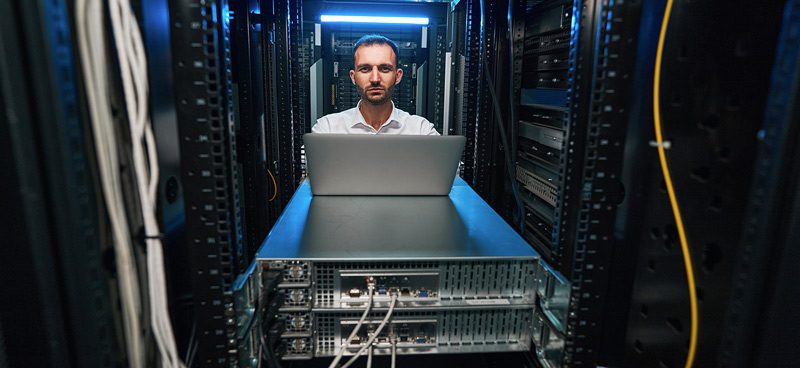
Data management issues
According to predictions, the world’s data will reach 221 zettabytes by 2026. The volumes of data will only increase in the future, and handling those massive quantities is one of the greatest data center challenges today. As complexity increases, it’s becoming more challenging to ensure data integrity and security.
To efficiently manage the ever-increasing volumes of data, automation – with the help of new technologies like machine learning – is starting to become necessary for the efficient classification, organizing, and processing of data. High-density storage options and the use of solid-state drives or SSDs are also emerging solutions for improving performance.
Additionally, putting emphasis on data backup and disaster recovery solutions is more important than ever. These ensure that data can be recovered and quickly restored in case of a disaster. Backup and recovery are crucial when looking at data center challenges and their possible solutions, both from data management and a cyber security perspective.
Cybersecurity and protection from data breaches
Cybersecurity is maybe the most unpredictable of all data center challenges. Criminal activity is a constant issue, and being prepared to shield attempts is a continuous challenge for the data center industry. Cyber threats evolve in tandem with technology, and data center operators have to be up-to-date in order to maintain control and avoid costly data breaches.
There can be many vulnerabilities in a data center, which can become access points for cyber threats. Legacy systems lacking encryption, regular security updates, and authentication protocols make them excellent candidates for becoming victims of cyber attacks. However, replacement of the systems can also be a complex and expensive procedure, adding to the set of challenges the risk of downtime as well.
Interconnectivity can be a weak point in the sense that it can spread out the reach of the attack. Human error and insider threats are also issues to deal with, especially with the rapid evolution of AI technologies. Now that anyone has access to these new creation tools, they are frequently used for malicious purposes, creating deepfakes and phishing attacks that can fool even the most vigilant person.
Data center cybersecurity is one of the most important data center challenges, especially in regard to industries like finance, commerce, or other high-stakes enterprises. Considering that data centers are prized targets for cybercriminals, it is a great responsibility to ensure the safety of sensitive data both at rest and in the transit state.
Space and scalability
There’s never been such a demand for data centers as today, and as the need continues to surge, the problem of scalability contributes significantly to data center challenges.
The data center industry is already seeing significant growth, but the growth is projected to increase in the coming years. The problem is that physical growth has its limits, and rules and regulations are limiting the expansion of data center footprints. Another significant addition is the adoption of AI technology, which has different, more power-intensive requirements and is already turning data center architectures upside down.
To handle growth and change of this magnitude, data centers have to adopt scalable designs, which can put up with the versatile, quickly changing nature of new technologies. As a tendency, data centers are becoming more dense and dynamic, embracing software-defined networking (SDN) and less resource-intensive technologies like virtualization.
Data center challenges and sustainability
Finding new designs and solutions for better energy- efficiency and sustainability may be the most pressing subjects among contemporary data center challenges. Adequate cooling, electricity, and water conservation, especially in the case of high-density data centers, is non-negotiable anymore. As the volumes of data keep growing, there’s an ever-increasing demand for performance – which means more resource consumption. Embracing strategies that do less harm to the environment is an important step that can help with overcoming other data center challenges, like power consumption.
Data center sustainability can be approached from many angles. However, the most important of them all is power efficiency. Data centers are extremely power-intensive buildings and account for 3.5% of global greenhouse gas emissions. As data centers become more high-performance, temperatures rise in the buildings, demanding better cooling. Alternative, renewable energy sources are necessary to decrease resource consumption, however most data centers can’t support their power needs only with renewables. Cooling, water consumption, and waste management are also areas that need better strategies and optimization for sustainability.
Climate change is a pressing concern, and data centers need to find ways to shrink their footprint, consume less energy, and produce less waste. At the same time, humanity’s demands would ask for more power, more performance, and more redundancy. The biggest of the data center challenges is delivering performance and speed while embracing sustainable practices at the same time.
Conclusion
Effective data management, scalability, sustainability, power consumption, and security are data center challenges that will be with us for some time. However, the extreme demand and constant change will hopefully bring innovative solutions to the surface – solutions that can satisfy both the expectations of an increasingly interconnected world and promote sustainability and efficiency.
Got questions? Do you want to talk specifics? That’s what we’re here for.
Discover how Volico Data Centers can offer your organization the robust and reliable infrastructure and services to stay ahead of the competition even in times of transition.
• Call: (305) 735-8098
• Chat with a member of our team to discuss which solution best fits your needs.
